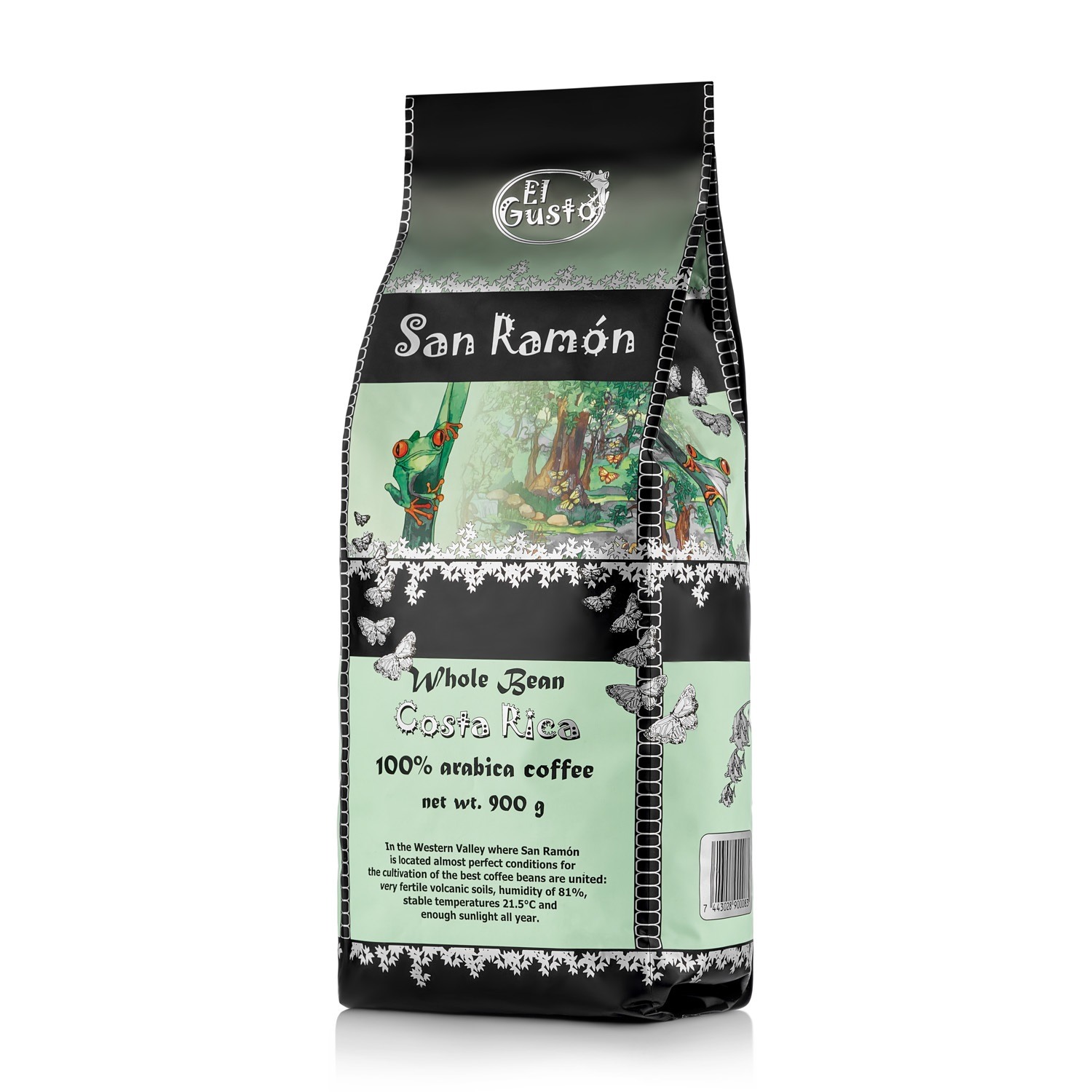
The Future of Coffee: Lab-Grown Beans Explained
Table of Contents
- What Are Lab-Grown Coffee Beans?
- How Are Lab-Grown Coffee Beans Made?
- Why Lab-Grown Coffee Matters
- 1. Environmental Sustainability
- 2. Addressing Climate Change
- 3. Ethical Considerations
- Challenges Facing Lab-Grown Coffee
- How Does Lab-Grown Coffee Taste?
- Benefits of Lab-Grown Coffee
- 1. Precision in Quality Control
- 2. Reduction in Waste
- 3. Sustainability for the Coffee Industry
- Potential Impact on the Coffee Industry
- Farmers and Producers
- Consumers
- Global Supply Chain
- Will Lab-Grown Coffee Replace Traditional Coffee?
- The Road Ahead
- How You Can Support the Transition
- Final Thoughts
The Future of Coffee: Lab-Grown Beans Explained
- azeem memon
- 20-12-2024
- 20-12-2024
- 1810 views
- Information

Coffee is more than a morning ritual; it’s a global industry, a cultural cornerstone, and a livelihood for millions. But with the effects of climate change, unsustainable farming practices, and increasing demand, the future of coffee is at risk. Enter lab-grown coffee beans, a cutting-edge innovation aiming to revolutionize the way we enjoy our beloved brew. But what are lab-grown beans, and could they be the sustainable answer to coffee’s uncertain future?
What Are Lab-Grown Coffee Beans?
Lab-grown coffee, also known as cellular agriculture coffee, involves producing coffee beans in a controlled laboratory environment without the need for traditional farming. Scientists cultivate plant cells in bioreactors, which replicate the natural growth conditions of coffee plants. The result? Beans that look, smell, and taste like traditionally grown coffee but are created with significantly fewer resources.
How Are Lab-Grown Coffee Beans Made?
- Cell Selection: Scientists identify and extract cells from coffee plants.
- Cultivation: These cells are placed in nutrient-rich solutions to encourage growth.
- Bioreactor Process: The cells are transferred to bioreactors, where they grow into coffee “beans” under controlled conditions.
- Harvest and Processing: Once mature, these lab-grown beans are dried, roasted, and ground like traditional coffee beans.
Why Lab-Grown Coffee Matters
1. Environmental Sustainability
Traditional coffee farming contributes to deforestation, water consumption, and carbon emissions. Lab-grown beans require significantly less land and water and produce fewer greenhouse gases, making them a greener alternative.
2. Addressing Climate Change
Coffee crops are highly sensitive to climate fluctuations. Rising temperatures and unpredictable weather patterns have reduced arable land for coffee farming. Lab-grown beans eliminate this dependency on weather conditions.
3. Ethical Considerations
By moving away from traditional farming, lab-grown coffee could reduce the exploitation of labor and ensure fair working conditions for those involved in production.
Challenges Facing Lab-Grown Coffee
- Cost: The technology is still in its infancy, making lab-grown beans expensive to produce.
- Scaling Up: Transitioning from laboratory production to mass production poses logistical challenges.
- Consumer Acceptance: Coffee lovers value authenticity, and convincing them to embrace lab-grown alternatives may take time.
- Regulatory Hurdles: Governments worldwide must approve this new product for safety and market viability.
How Does Lab-Grown Coffee Taste?
Taste tests conducted by early adopters indicate that lab-grown coffee is remarkably similar to traditionally grown coffee. The flavor profile can even be fine-tuned during production, allowing for a consistent and customizable coffee experience.
Benefits of Lab-Grown Coffee
1. Precision in Quality Control
Every batch of lab-grown coffee can be tailored to specific flavor profiles, ensuring consistency and satisfaction.
2. Reduction in Waste
Lab-based production eliminates waste associated with unused coffee cherries and byproducts of traditional farming.
3. Sustainability for the Coffee Industry
With coffee demand expected to double by 2050, lab-grown beans provide a sustainable solution to meet global needs without depleting natural resources.
Potential Impact on the Coffee Industry
Farmers and Producers
While lab-grown coffee offers sustainability, it also raises concerns about the livelihood of millions of coffee farmers. A balance must be struck between innovation and supporting traditional coffee-growing communities.
Consumers
Lab-grown beans may initially appeal to environmentally conscious consumers and specialty coffee enthusiasts. Over time, as costs decrease, they could become a mainstream option.
Global Supply Chain
By localizing production, lab-grown coffee could disrupt traditional supply chains, reducing reliance on imports and exports while enhancing freshness.
Will Lab-Grown Coffee Replace Traditional Coffee?
Lab-grown coffee is not necessarily about replacing traditional coffee but complementing it. While it offers solutions to environmental and ethical concerns, many believe traditional coffee farming will still hold cultural and artisanal value. The two could coexist, catering to different consumer needs and priorities.
The Road Ahead
The future of lab-grown coffee depends on continued advancements in technology, cost reductions, and consumer acceptance. Organizations like the Finnish company VTT and others are leading the charge, refining production methods and scaling up operations.
How You Can Support the Transition
- Stay Informed: Learn about innovations in coffee production and their impact.
- Try It: When lab-grown coffee becomes commercially available, give it a try and share your experience.
- Support Sustainability: Advocate for environmentally friendly coffee production methods, whether traditional or lab-grown.
Final Thoughts
Lab-grown coffee is a fascinating glimpse into the future of sustainable agriculture. While it won’t replace traditional methods overnight, it offers a promising solution to the growing challenges facing the coffee industry. Whether you’re a coffee enthusiast, an environmental advocate, or just curious about innovation, lab-grown coffee is worth keeping an eye on.
The next time you sip your morning brew, think about how science and sustainability might shape the coffee you enjoy in the years to come.






















